This activity is within the framework of the Vietnam - Denmark Green Strategic Partnership signed by the two Governments in November 2023, an important milestone in bilateral cooperation on green transition, renewable energy and sustainable waste management.
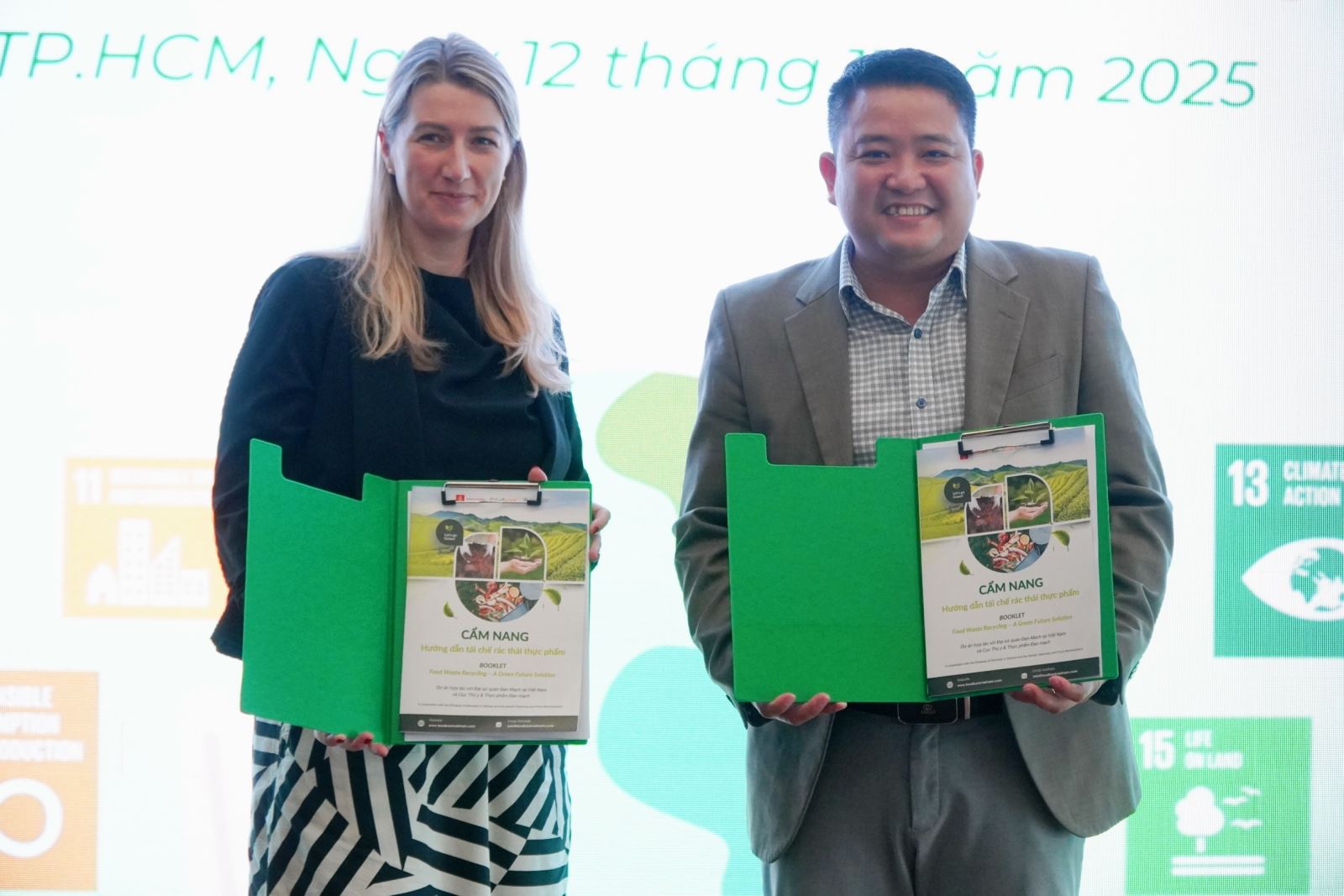
According to estimates from the Food and Agriculture Organization of the United Nations (FAO), each year about one-third of the world’s food, equivalent to 1.3 billion tons, is lost or wasted. Vietnam is also facing this situation as the amount of food waste in urban and industrial areas increases rapidly, creating great pressure on the environment and waste treatment systems.
Based on that reality, the Handbook “Food Waste Recycling Guide - Solutions towards a Green Future” was compiled to help households, schools, businesses and communities to classify, reuse and recycle food waste safely, effectively and sustainably. Through this Handbook, the parties expect the Vietnamese community to be able to turn waste into resources, while reducing methane (CH₄) emissions, one of the main factors causing climate change.
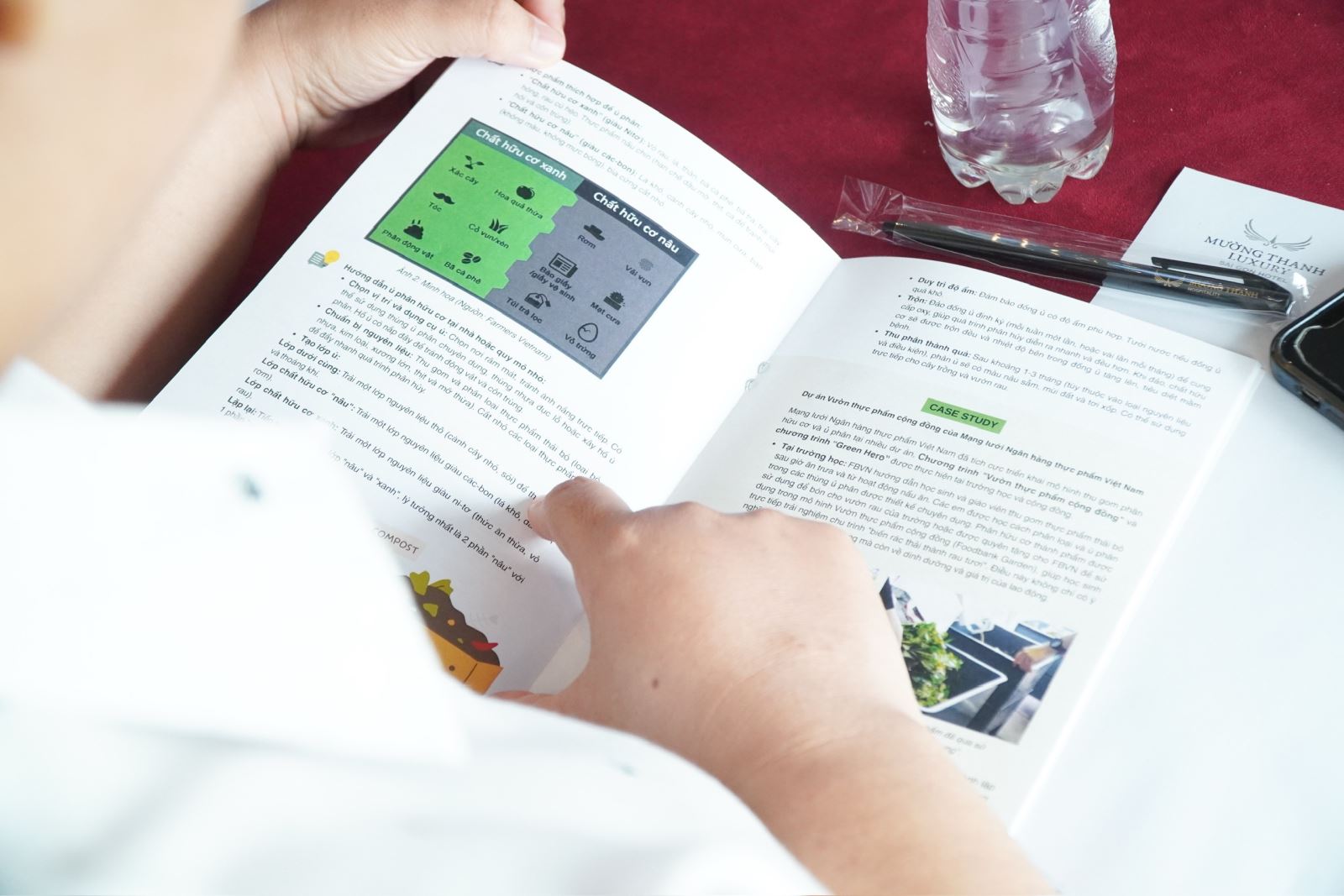
The handbook consists of 5 chapters, providing visual information on food waste classification, reuse and recycling. The content is based on the experience and international standards of Denmark, a pioneer in waste management and green economic development, and is adjusted to suit the practical conditions in Vietnam.
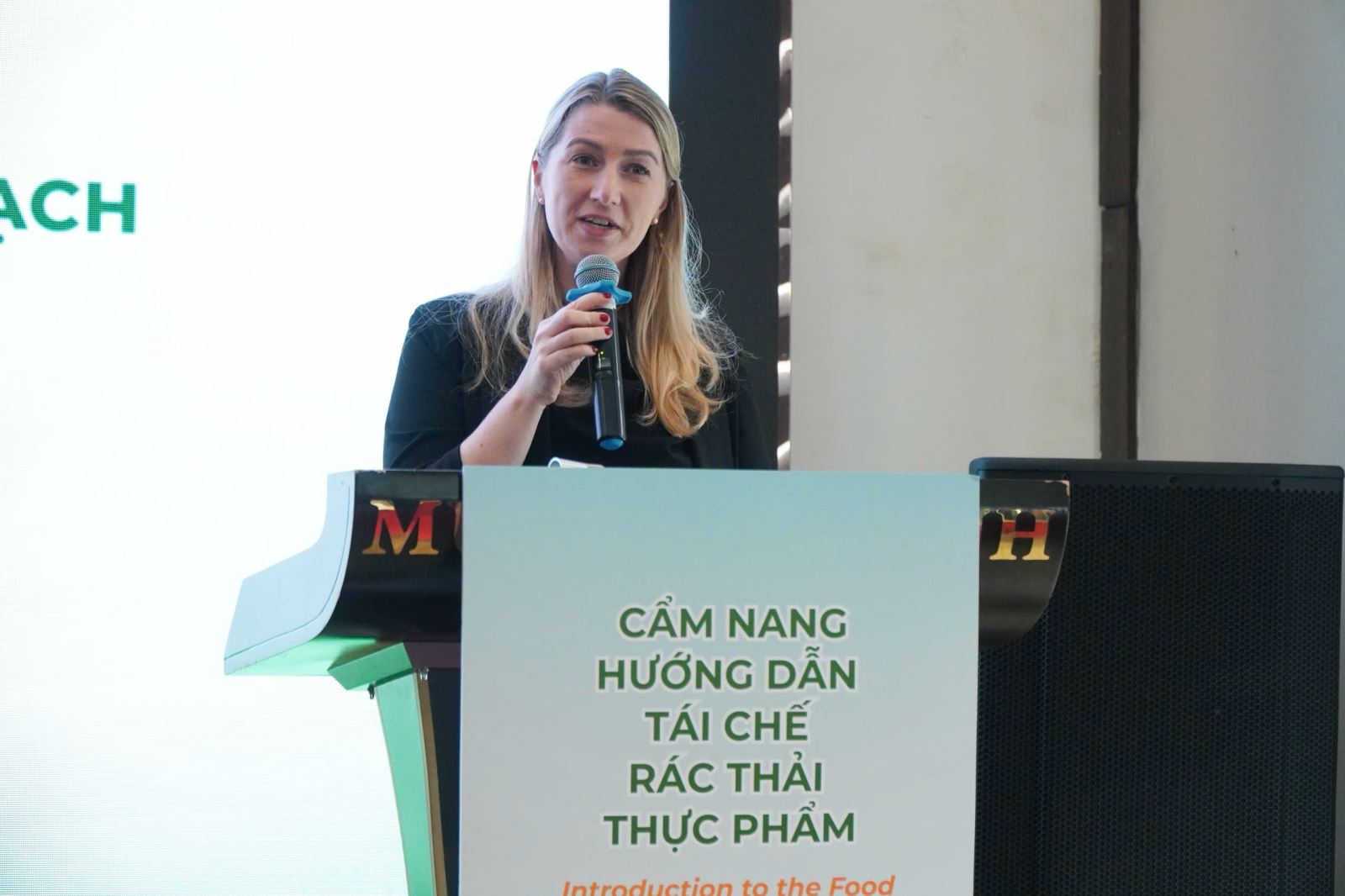
At the launch ceremony, Ms. Sanne Høj Andrén, Counsellor for Food and Agriculture, Embassy of Denmark in Vietnam emphasized: “Denmark and Vietnam share the same goal of sustainable development. We are proud to cooperate with the Vietnam Food Bank Network to transfer knowledge and good practices in food waste management, helping to create positive change at the community level.”
The handbook is also part of the action program “Green Vietnam - No food waste”, initiated by the Vietnam Food Bank Network. Within the framework of the program, many community models have been deployed such as collecting and recycling coffee grounds, fruit peels, organic by-products into fertilizer for “Community Food Gardens”; building “Student Sharing Kitchens” at universities; connecting businesses with farms in the “From Farm to Food Bank” chain, contributing to rescuing surplus agricultural products and recycling agricultural by-products.
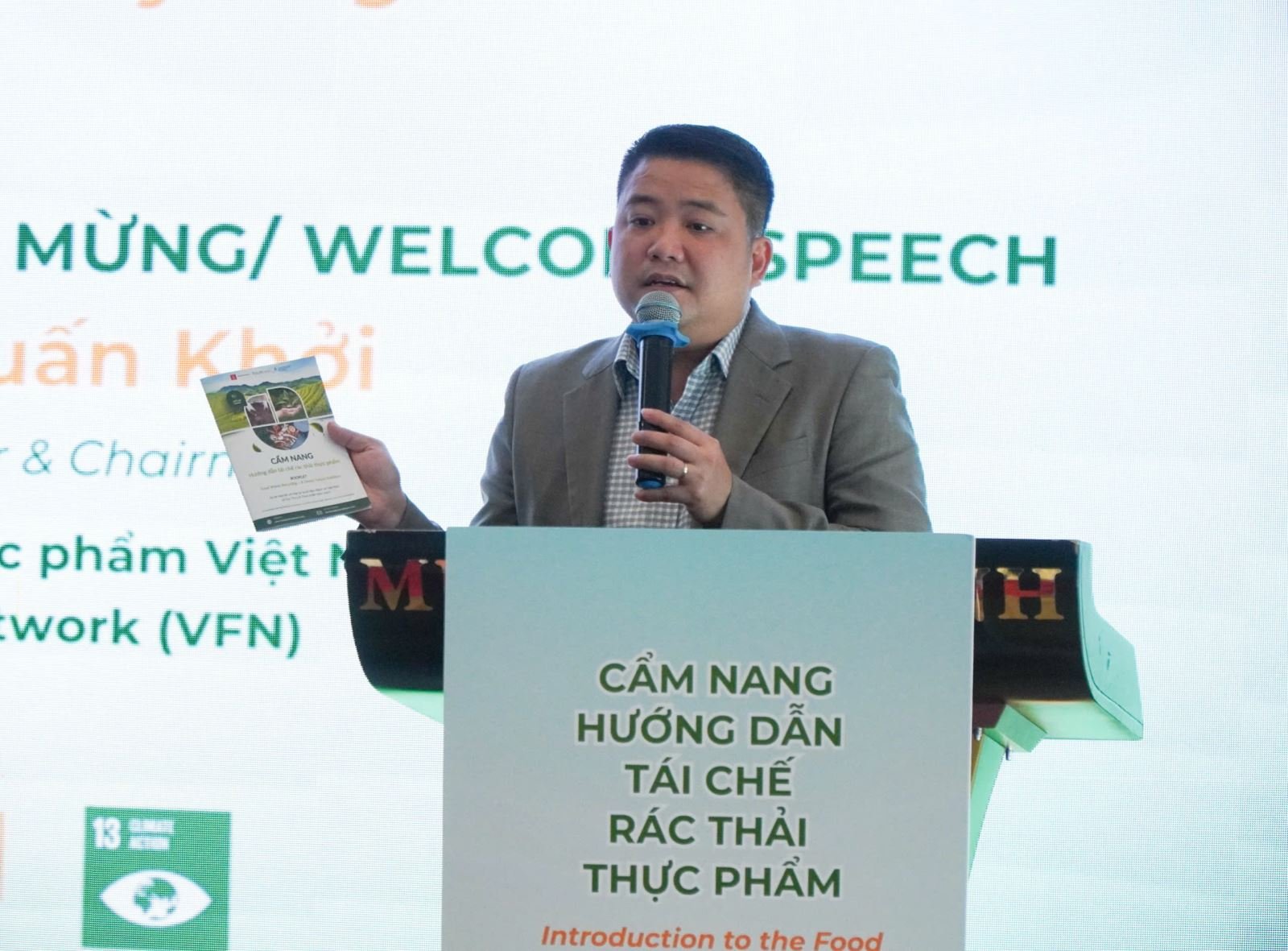
Mr. Nguyen Tuan Khoi, Chairman of the Vietnam Food Bank Network, said: “We believe that big changes start with small actions. The handbook not only guides how to do it but also inspires each person to become a “Green Hero”, together building a community without food waste. This is a community education journey where each individual can start with simple actions: sorting waste at source, saving food, recycling discarded food, contributing to protecting the green planet and spreading the spirit of social responsibility”.
This initiative contributes practically to the implementation of the United Nations Sustainable Development Goals (SDGs), especially the goals on poverty reduction, responsible consumption and production, climate action and partnerships for green development. The handbook is expected to become a useful tool to help the Vietnamese community take practical actions for the environment, while demonstrating the commitment to sustainable green cooperation between Vietnam and Denmark.
Source: https://baotintuc.vn/van-de-quan-tam/viet-nam-dan-mach-chung-tay-chong-lang-phi-thuc-pham-20251112181154510.htm




![[Photo] Highways passing through Dong Nai](https://vphoto.vietnam.vn/thumb/1200x675/vietnam/resource/IMAGE/2025/11/12/1762940149627_ndo_br_1-resize-5756-jpg.webp)
![[Photo] Prime Minister Pham Minh Chinh attends a conference to review one year of deploying forces to participate in protecting security and order at the grassroots level.](https://vphoto.vietnam.vn/thumb/1200x675/vietnam/resource/IMAGE/2025/11/12/1762957553775_dsc-2379-jpg.webp)






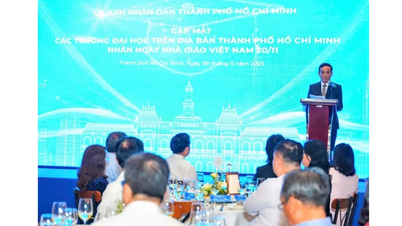


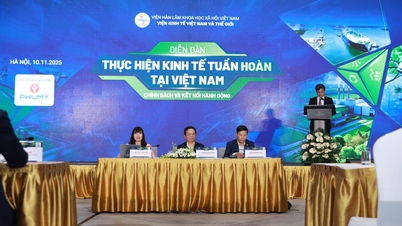


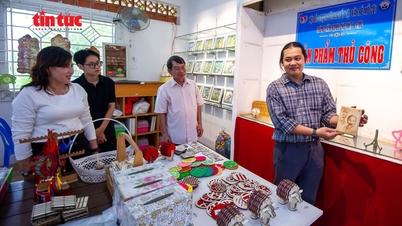
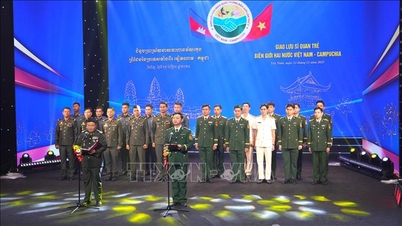
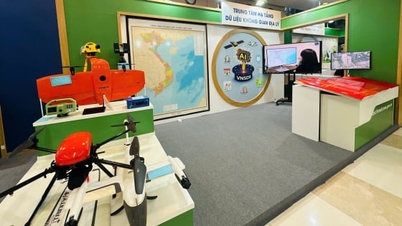










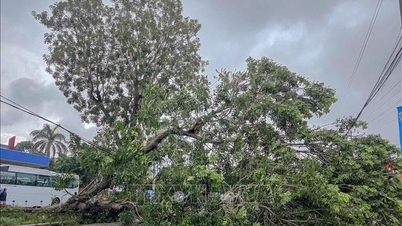
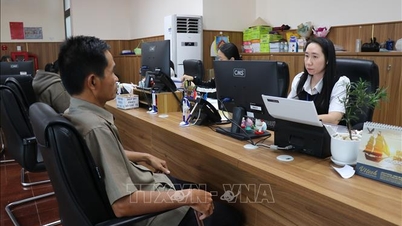

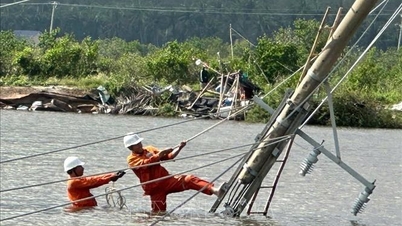
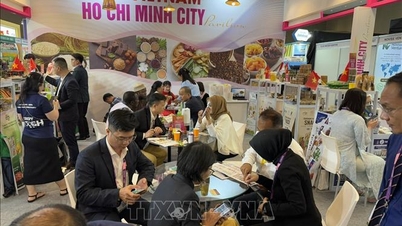
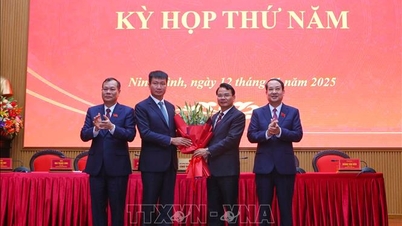














































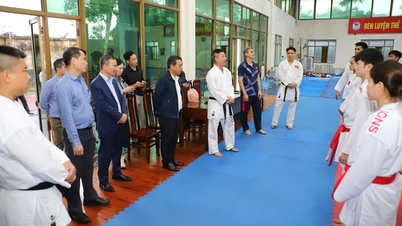

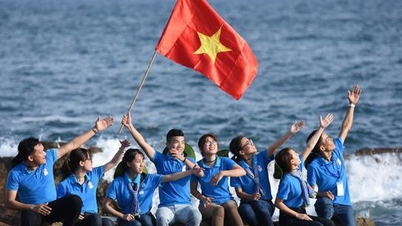


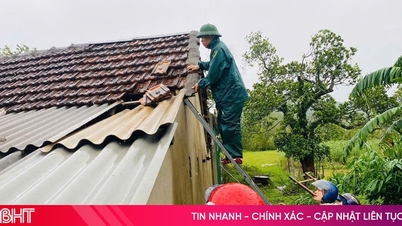



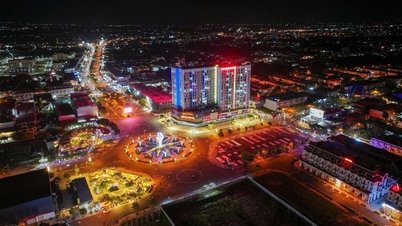
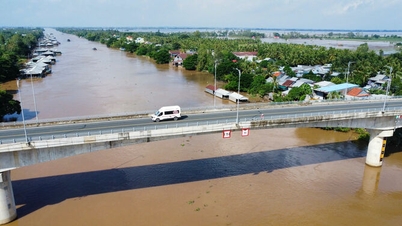

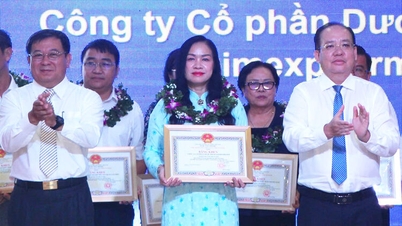





![Dong Nai OCOP transition: [Article 3] Linking tourism with OCOP product consumption](https://vphoto.vietnam.vn/thumb/402x226/vietnam/resource/IMAGE/2025/11/10/1762739199309_1324-2740-7_n-162543_981.jpeg)







Comment (0)